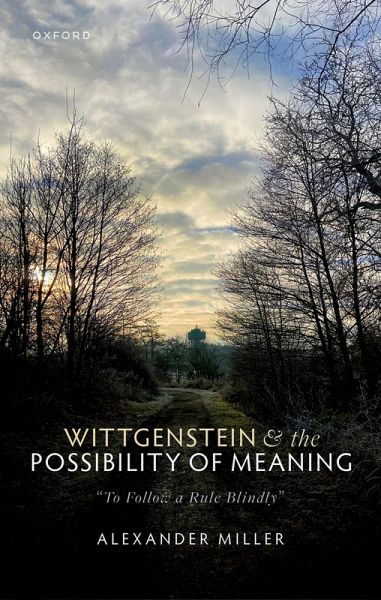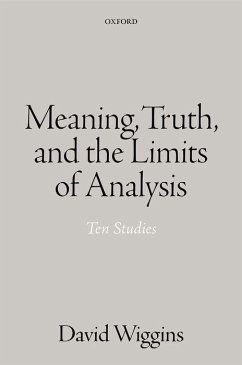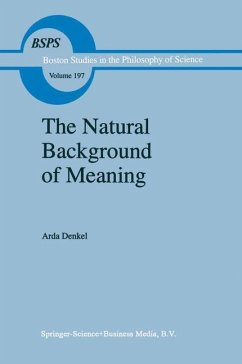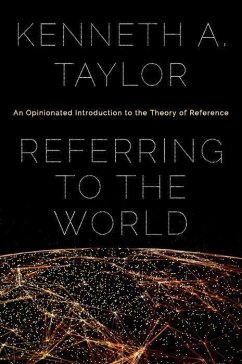
Wittgenstein and the Possibility of Meaning
To Follow a Rule Blindly
Versandkostenfrei!
Versandfertig in über 4 Wochen
89,99 €
inkl. MwSt.
Weitere Ausgaben:

PAYBACK Punkte
45 °P sammeln!
Wittgenstein and the Possibility of Meaning develops a new, non-reductionist response to the sceptical argument about meaning famously developed in by Kripke. Alexander Miller argues that understanding an expression is a matter of having an intention to exercise one's ability to use it in accord with its meaning or correctness condition.













